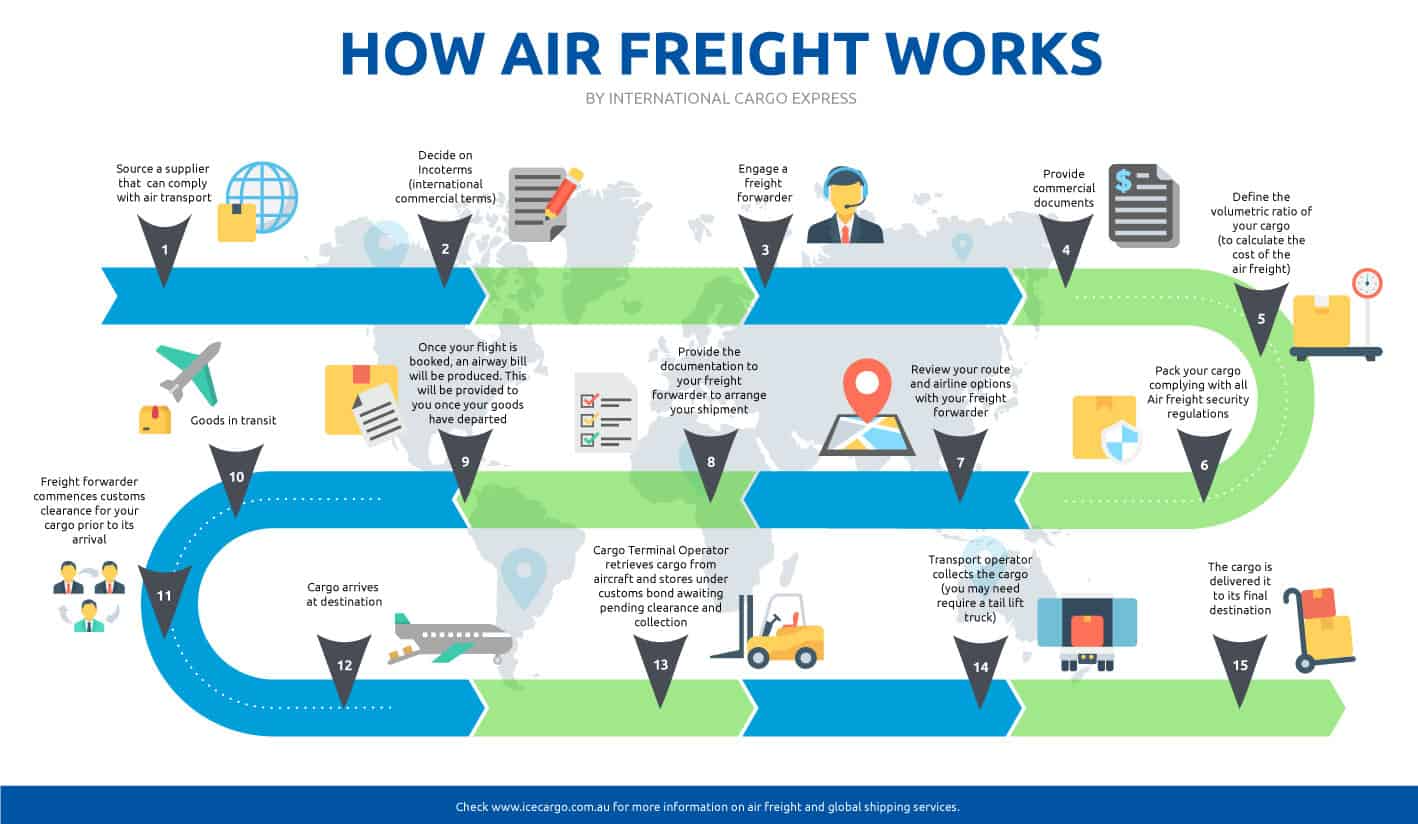Waves of Wisdom: Navigating the World of Shipping

Welcome to the fascinating world of shipping, where the ebb and flow of goods traverse the seas and skies, connecting distant shores and bridging global economies. From the vast expanse of sea shipping to the swift efficiency of air freight, the realm of shipping encompasses a complex network of logistics and operations that are essential for businesses worldwide. As companies seek to import goods from distant lands or export their products to new markets, the role of forwarders and fulfillment services becomes paramount in ensuring the smooth flow of commerce.
In an era characterized by rapid globalization and technological advancements, the demand for reliable shipping solutions has never been greater. Whether it's navigating the intricate process of package consolidation or optimizing supply chains with strategic partnerships, businesses are constantly seeking ways to streamline their shipping operations. From China shipping hubs to Singapore forwarders, the dynamics of the industry continue to evolve, offering both challenges and opportunities for enterprises looking to expand their presence in the global marketplace.
Overview of Sea Shipping
Sea shipping plays a vital role in the global transportation of goods, connecting businesses across continents through vast waterways. It is a reliable and cost-effective method for transporting large quantities of goods over long distances. With sea freight, shipments are loaded into containers and transported by cargo ships, with various options available based on the volume and urgency of delivery.
China shipping stands out as a key player in the world of sea shipping, given its strategic location and extensive network of ports. Many businesses rely on China shipping services to import goods efficiently and cost-effectively. By partnering with reputable China forwarders, businesses can streamline their supply chain and ensure timely delivery of products to destinations around the world.
Singapore forwarder s also play a significant role in sea shipping, serving as important hubs in the Asian shipping industry. These forwarders provide comprehensive services such as package consolidation, ensuring that goods are efficiently packed and transported to their final destinations. With Singapore's advanced infrastructure and expertise in sea freight logistics, businesses can leverage these services to enhance their shipping operations.
Air Freight and Shipping Services
When time is of the essence, air freight becomes a valuable option in the world of shipping. With faster transit times compared to sea freight, air shipping services offer businesses the advantage of speed in getting their goods from one place to another.
For businesses looking to transport smaller, time-sensitive shipments, air freight can be a cost-effective solution. By partnering with air forwarders who specialize in logistics coordination, companies can ensure that their goods are efficiently and securely transported to their destinations.
From China shipping to Singapore forwarders, air freight services provide a global reach that connects businesses across borders. Whether it's importing goods from overseas or exporting products to international markets, the speed and reliability of air shipping play a crucial role in keeping supply chains running smoothly.
Benefits of Package Consolidation
Package consolidation offers a range of benefits for individuals and businesses involved in shipping. One significant advantage is cost savings. By combining multiple packages into one shipment, customers can often benefit from lower shipping rates per item compared to sending each package separately.
Another key benefit is increased efficiency. Consolidating packages can streamline the shipping process, reducing the administrative burden of managing multiple shipments. This efficiency not only saves time but also helps ensure that packages are delivered in a more organized and timely manner.
Moreover, package consolidation can lead to a reduced environmental impact. By sending fewer individual shipments, overall carbon emissions from transportation can be minimized. This aligns with the growing emphasis on sustainability in the shipping industry and can be a positive factor for businesses looking to reduce their carbon footprint.